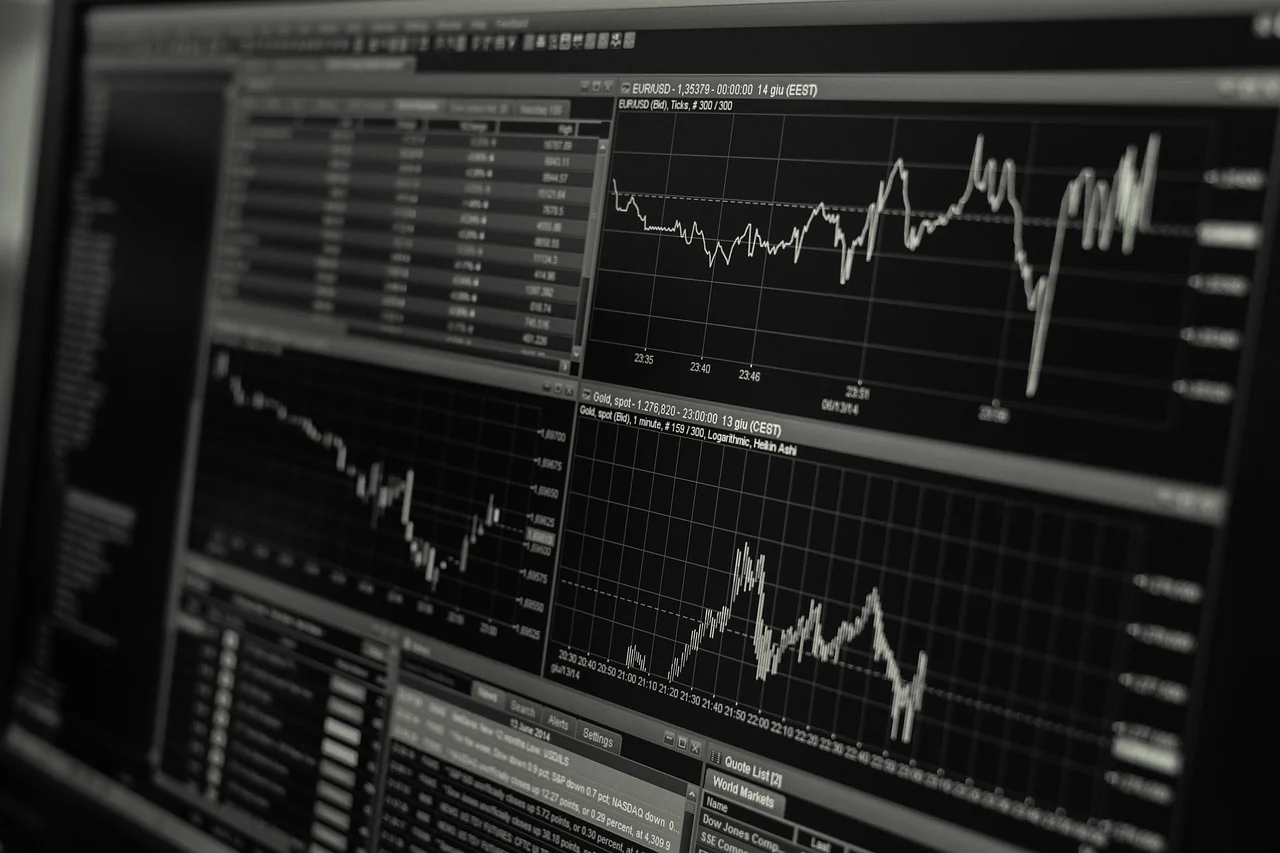
Insider trading is a critical issue in any financial market, and Singapore takes a strong stance against such illegal practices. Through various proactive and reactive measures, the government ensures there is transparency in the market, giving confidence to investors and protecting their interests.
Insider trading undermines integrity in the market, destroying the level fields for all kinds of market participants. The unfair advantage of the person committing this financial fraud can lead to monetary losses to thousands and sometimes even more uninformed investors. So the Singaporean government has addressed the issues through the Securities and Futures Act (SFA), administered by the Monetary Authority of Singapore (MAS).
Insider trading refers to the process wherein a person who possesses proprietary, non-public information buys or sells stocks, bonds or options, thus gaining an advantage over others without the said information. This practice can distort the prices, leading to market volatility and reduced investor confidence.
For example, three Singaporeans who used the confidential information of the trading company they worked for and made a profit from the trades were jailed in July 2019. While it is not illegal to engage in stock trading, the government penalizes those who buy a security based on an insider's information that they have access to, provided that such information has a huge impact on the price of the share.
1) Company officers or those with personal knowledge about the company's confidential information because of their job functions, such as the Director, the Chief Financial Officer (CFO) or the Company Secretary.
2) Secondary party to non-public information: It includes those who didn't work directly with the company but have a relationship of some form with the people who work therein. It is because of that relationship that they were able to gain access to non-public information.
Examples can be the spouse or family member of the key company officer, a stockbroker or anyone engaged in the trade who received the non-public information by mistake or accident or a bartender or a waiter who overheard a discussion by the insiders about the company's non-public information while they were eating or drinking out.
3) Corporation that misappropriates confidential information to fraudulently profit from it.
It is important to note that only overhearing the information is not enough. One is punished for using such information to benefit from it in some form.
The perpetrators can be imprisoned for up to seven years or fined $250,000 or both, depending on the circumstances of the case. Sometimes, the fine can be as high as $2 million. There are civil and criminal penalties, and it is advisable to hire a criminal lawyer that can help you make informed decisions about your case. You can also consult your lawyer to avoid possible breaches of insider trading laws.
Disclaimer: The article is not a piece of legal advice or opinion on the topic discussed, and one should not rely on it. No one should see it as a statement of the law and practice in this area. If you need any legal advice, consult a lawyer in your jurisdiction. None of the members, partner or consultant who is a part of Bishop Law assumes or holds any responsibility or liability to any person in respect of the content shared above.